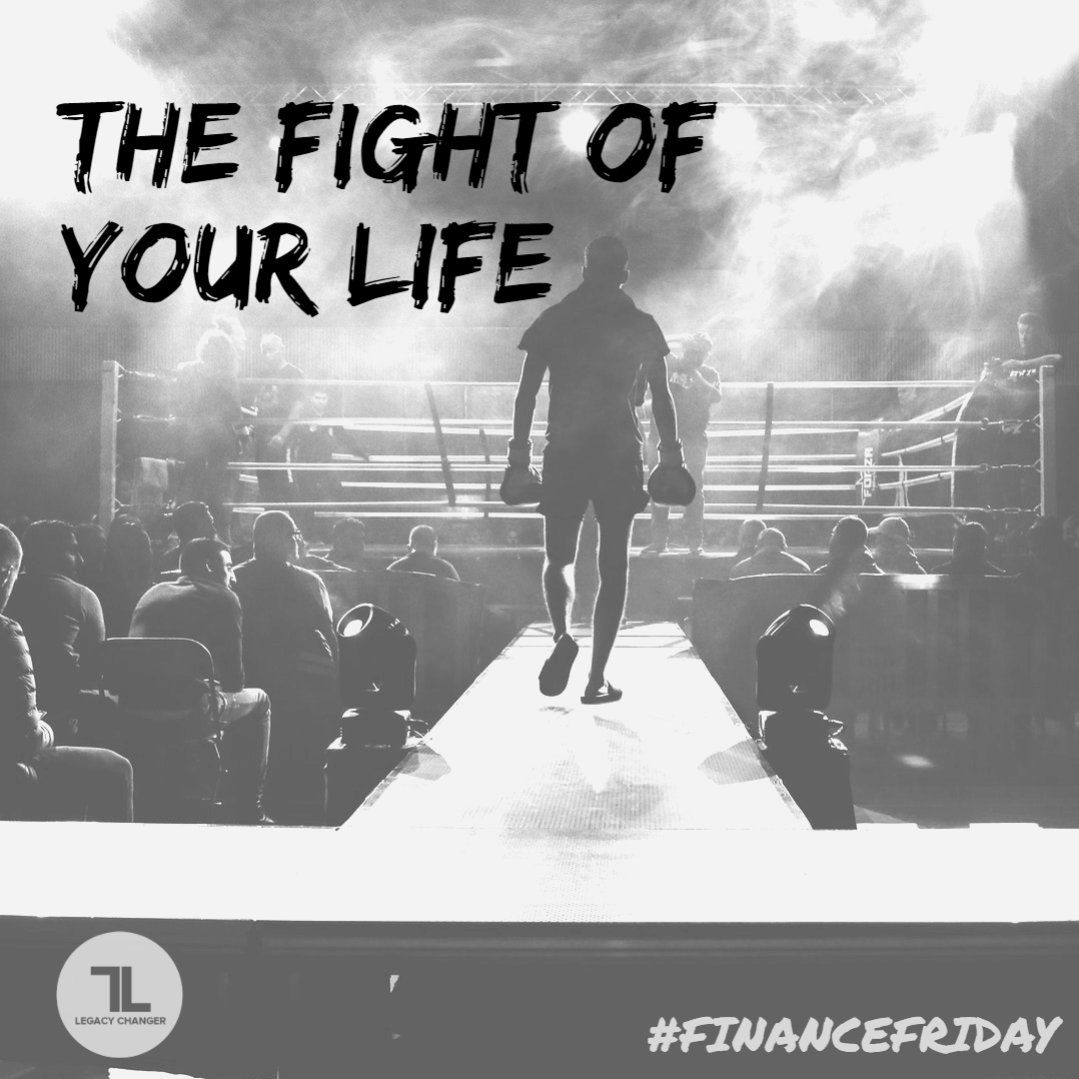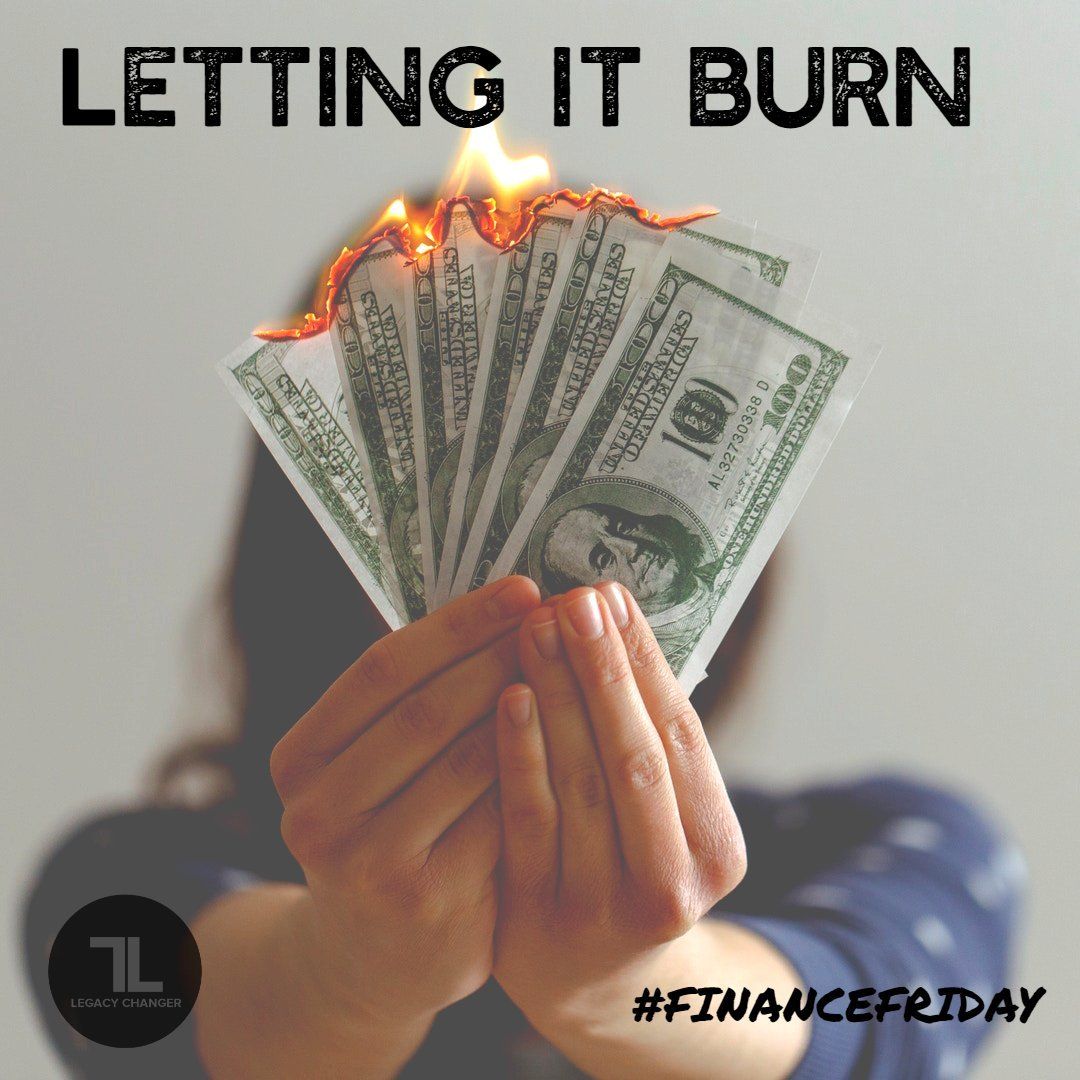Financial Wellness

The other day I was engaged in a conversation where we were sharing different savings ideas. We all walked away so motivated and I wanted to take the next few weeks to share some of these ideas with you all. Consider all the options and see how you can create new healthy savings habits by adopting one, several, or all of them. This week I'm recommending the 52 Week Challenge. In this challenge you save the dollar amount of the current week. For example, for the first week of the year you save $1. For the second week of the year you save $2 and so on. With 52 weeks in a year you'll go from $1 a week to $52 a week. In total, you will end up saving $1,378. If you did committed to this challenge every year for 10 years, you could save $13,780! With many of us getting paid bi-weekly (every two weeks) or semi-monthly (twice a month; 1st & 15th or 15th & last day) it may be easier to save at the intervals which you are paid. In this case you are starting on either the 1st or 2nd week starting with $3 and adding $4 every two weeks. For example, Week 1 or 2 you save $3, Week 3 or 4 you save $7, Week 5 or 6 you save $11 and so on. This is the one I am most excited to do this year and I hope it inspires some of you as well. I've included a spreadsheet for you to download and use to track your progress. The spreadsheet includes both the weekly and bi-weekly options. Happy Savings!

They say money makes the world go around. Well I'd like to think if you don't get a handle on your financial health, money will surely have your head spinning. The truth is, many of us didn't get the basic rule book on adulting with the extra highlights on finances. This is likely because our parents and generations before them didn't have conversations about money and how to manage it. And they probably couldn't have those conversations because, even as parents, they were likely still making mistakes and unable to pass down the knowledge needed to succeed. In these circumstances, money ends up managing us instead of us managing money. Many people stumble through life for decades without ever understanding the do's and don'ts of finances. The shame that comes with a low credit score, low income, and debt keeps people from seeking help. I always say, "do not be ashamed of what you don't know; be ashamed of what you do not ask." No one expects you to be born knowing all things finance, but you can be expected to educate yourself whether that's through research or mentorship. The tools may not have been handed to you, but that doesn't mean you can't go out there and get them. Don't get TKO'd by a lack of knowledge. Take control of your life by accepting your position, understanding what you do not know, and seeking the answers that will propel you into a brighter and better future.

Yesterday's post talked about how going back to the someone who hurt you will keep you in a place of hurt. Well keeping the same habits that made you broke will keep you broke. Your bad habit could be irresponsibility with credit cards, impulse shopping, lack of or non-existing budgeting, willfully living above your means, or spending every dollar without any savings. Heck, it could be all of those and more. Whatever your struggle is, you have to come to terms with the fact that you have a problem. And you will keep having a problem if you don't make the decision to fox it. If there was a small extinguishable fire in your home, would you just let it burn when there is a fire extinguisher is accessible? If you are the first to find a building on fire, would you not call for emergency help? Just like a fire, if we don't deal with our bad financial habits, they will grow larger and consume everything. Everyone has issues in one area or another but the difference between successful people and others is the realization that certain habits and behaviors which are blocking their goals must be dealt with and removed. Do you have a vision of financial freedom for you and your family? If so, it's time to take those small steps that will lead to big changes in your financial wellness.

Black Friday. A day when people are overcome with the idea of getting the best “deals” on all the items they hope to gift others and themselves. As you sift through your bounty, I want you to consider something before taking the price tags off: Were those items something you deserved or something you desired. Here’s the difference. Something you deserve are items you purchased for yourselves or others that you purchased with wisdom and preparation. This means that you had taken it out of you holiday or other savings account specifically designed for the purchase of the items. Or maybe you set up your budget to include these items when the biggest discount day of the year came. If this is you, then you totally deserve your purchases because you did your due diligence as you were prepared to buy the item. On the other hand, if you feel like you just “had to buy it,” either for yourself or someone else, we may have an issue. Did you have to put it on credit, set up a payment plan, tap into another bill, or just swipe your card to only figure out how it affected you later? If any of these apply to you, then you have made a purchase out of desire. The issue with desire purchases is that they are often a sign of undisciplined purchasing habits. These bad habits are also a symptom or prerequisite to future financial problems in the future such as bad credit and the syndrome of living paycheck to paycheck. If you did not prepare for the purchase, then you do not deserve to buy it. And putting it on credit is not ideal, especially if you have existing debt, because you are tying finances to items that satisfy wants and not needs. Financial wellness is about making wise decisions with our finances and there is nothing wise about recklessly spending money you don’t have. Now go take a look at your lot. Did you make those purchases with a deserving or desiring mindset? If it was the latter, consider returning them for items that you can reasonably afford. They won’t love you less if the item isn’t hundreds of dollars and that new TV is likely not that much better than the old one. Besides, you’ll enjoy it so much better when you know you’ve purchased it with no strings attached. #financefridays #friday #blackfriday #money #wealth #legacy #change #wisdom

